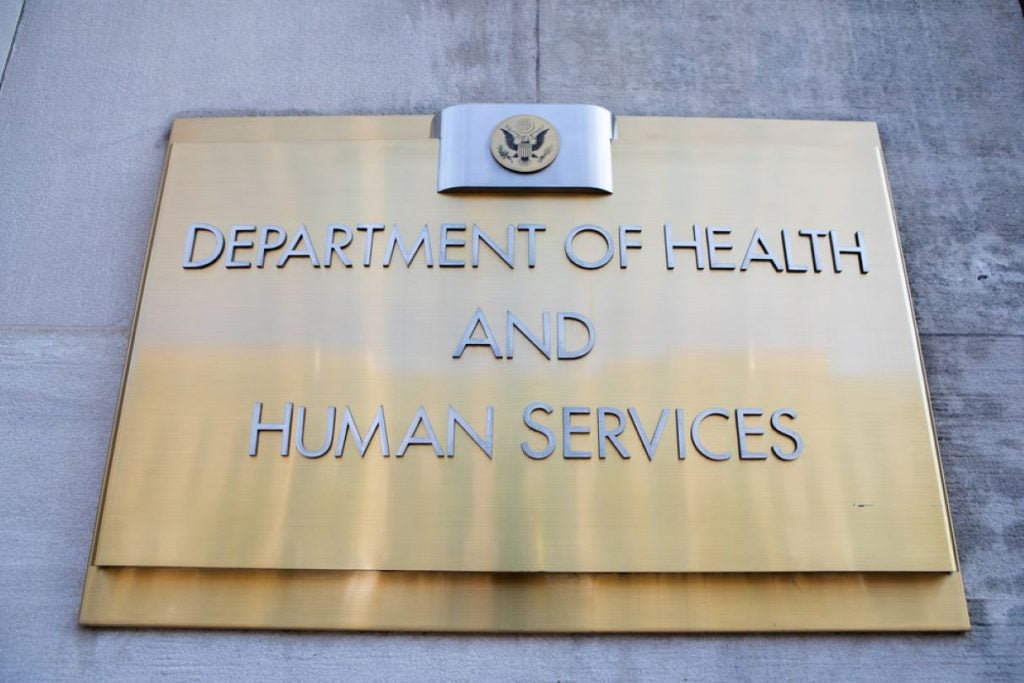Following the 51st anniversary of Roe v. Wade on 22 January, the US Department for Health and Human Services (HHS) announced its plans to increase access and protections for contraceptive care.
In a new frequently asked questions document, the Departments of Labor, HHS, and the Treasury, highlighted a commitment to the 2021 Health Resources and Services Administration (HRSA) -supported Women’s Preventive Services Guidelines (HRSA-supported Guidelines). These recommendations prioritsed giving adolescent and adult women access to the full range of contraceptives and contraceptive care to mitigate the risk of unexpected pregnancies and produce better birth outcomes. The guidelines also pushed for full availability of US Food and Drug Administration (FDA) approved contraceptives.
HHS also updated the Medicare Part D formulary clinical review process for 2024 to add more birth control types such as intramuscular long-acting contraceptives and intrauterine devices (IUDs).
The recent announcement is in line President Joe Biden’s June 2023 executive order on “strengthening access to affordable, high-quality contraception and family planning services” that illustrated the administration’s plans to improve access to contraception “without out-of-pocket expenses, under the Affordable Care Act (ACA)”.
It also highlighted the importance of maintaining access to emergency and over-the-counter contraceptive. Following this, the FDA approved Perrigo’s Opill (norgestrel) as the first over-the-counter contraceptive available in the US.
The departments’ new guidance arrived in response to new barriers to contraceptive coverage that have arisen since the June 2022 overturning of Roe v. Wade.
The Office of Population Affairs estimates that 37.9 million women require contraceptive services in the US. As of October 2023, thirteen states, including California, Colorado and Florida, had protections for contraceptive rights. The Guttmacher Institute also reported that as of September 2023, 20 states and DC have allowed certain employers to choose not to follow the contraceptive coverage mandate.
In a 22 January press release, the HHS secretary Xavier Bercerra said, “Through the ACA’s Medicaid expansion, Medicaid has also dramatically improved access to contraception and family planning and measurably improved pregnancy, birth, and postpartum health outcomes. But we know there is more work ahead to ensure that all Medicaid enrollees who want or need access to affordable contraception can obtain it.”









